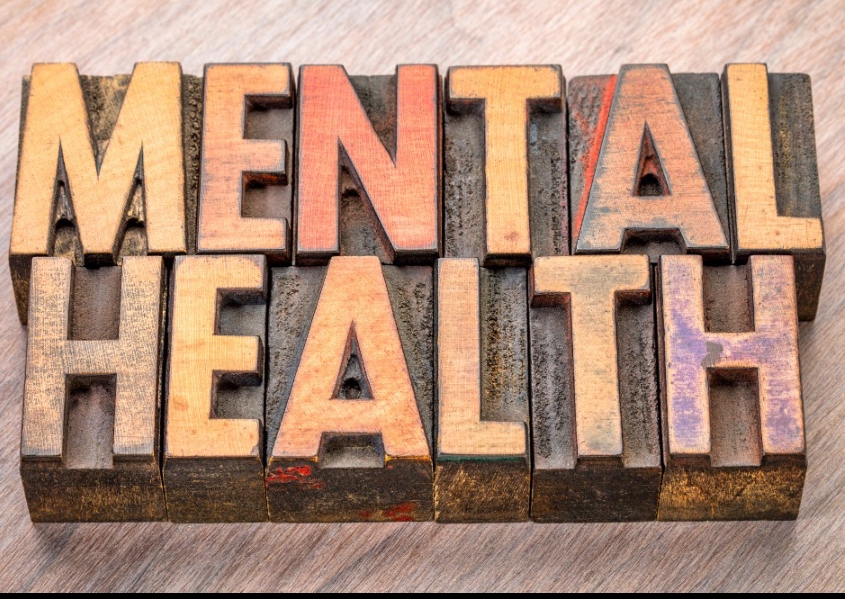Mental health disorders affect approximately 1 in 8 people around the world. Psychiatry offers comprehensive approaches to diagnosing and treating various mental health conditions through evidence-based methods, providing support and relief. Here is more information on psychiatric care, mental health disorders, and available treatment options to help you make informed decisions about your mental health journey:
What Is Psychiatry?
Psychiatry is a medical specialty focused on the diagnosis, treatment, and prevention of mental health disorders. Psychiatrists are medical doctors who specialize in mental health and possess the authority to prescribe medications alongside providing therapy. They work with patients to develop comprehensive treatment plans that may include medication management, psychotherapy, or a combination of both approaches.
What Are Mental Health Disorders?
Mental health disorders are medical conditions that affect thinking, feeling, mood, or behavior. These conditions can significantly impact daily functioning, relationships, and overall quality of life. Common mental health disorders include depression, anxiety disorders, and attention-deficit/hyperactivity disorder (ADHD).
Mental health conditions exist on a spectrum of severity and can affect people of all ages, backgrounds, and circumstances. Some individuals may experience mild symptoms that require minimal intervention, while others may face more severe conditions that require intensive treatment. A psychiatrist can diagnose these disorders and treat symptoms to improve overall quality of life.
What Are the Causes and Symptoms?
Mental health disorders result from complex interactions between biological, psychological, and environmental factors. Genetic predisposition plays a role in many conditions, as family history can significantly increase the risk. Brain chemistry imbalances, hormonal changes, and neurological factors also contribute to the development of mental health conditions.
Environmental factors such as trauma, chronic stress, substance abuse, and life changes can trigger or worsen symptoms. Social factors may also influence mental health. Symptoms vary widely depending on the specific disorder, but commonly include persistent changes in mood, thinking patterns, behavior, or physical functioning that interfere with daily activities.
What Are the Treatment Options?
Psychiatric treatment typically involves a range of approaches tailored to individual needs and specific conditions. Lifestyle changes form the foundation of mental health treatment. Regular exercise, adequate sleep, effective stress management techniques, and a balanced diet can alleviate symptoms.
Medication management involves the use of psychiatric medications to address chemical imbalances in the brain. Cognitive behavioral therapy (CBT) is a psychotherapy approach that focuses on identifying and changing negative thought patterns and behaviors. CBT helps patients develop effective coping strategies and problem-solving skills to manage their symptoms more effectively.
Transcranial magnetic stimulation (TMS) is a non-invasive procedure that uses magnetic fields to stimulate specific areas of the brain, helping to alleviate depressive symptoms. Spravato (esketamine) is an option for treatment-resistant depression. This FDA-approved nasal spray medication works differently from traditional antidepressants and is administered in clinical settings under medical supervision.
How Is Psychiatry Beneficial?
Psychiatric care provides numerous benefits for individuals experiencing mental health challenges. Professional diagnosis allows for the accurate identification of conditions and the development of targeted treatment plans. Early intervention can prevent symptoms from worsening and reduce the risk of complications. Psychiatrists provide ongoing monitoring and support throughout the recovery process, offering comprehensive care tailored to each individual’s specific needs and preferences.
Talk to a Psychiatrist Today
Understanding psychiatry and available treatment options represents the first step toward better mental health. With various evidence-based treatments available, individuals can find effective solutions for their specific needs. If you’re experiencing persistent mental health symptoms that interfere with your daily life, schedule a consultation with a qualified psychiatrist to explore your treatment options and begin your path to recovery.

